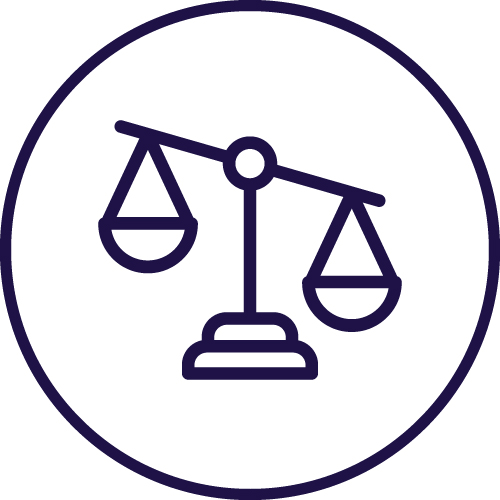At the heart of the programme is the Coalition of women MPs from Arab countries to combat violence against women, which was established in January 2014 with WFD support. The Coalition unites women MPs from thirteen countries: Libya, Jordan, Sudan, Lebanon, Egypt, Bahrain, Tunisia, Morocco, Palestine, Iraq, Djibouti, Kuwait & KSA. Calling for change at the national and regional level, the Coalition is a network that helps MPs share experience on what works and unite together for greater impact.
Programmes
Tackling Violence Against Women and Girls in MENA: Political Leadership, Legislative Change and Regional Cooperation
Protection from gender based violence in the MENA region
Key Results

Developed a model national law on Domestic Violence to act as an example piece of legislation in the region.
Established the Arab Day to Combat Violence against Women to raise awareness about the treatment of women in the region. It now takes place every year on 12 January.
Contact us
United Kingdom
